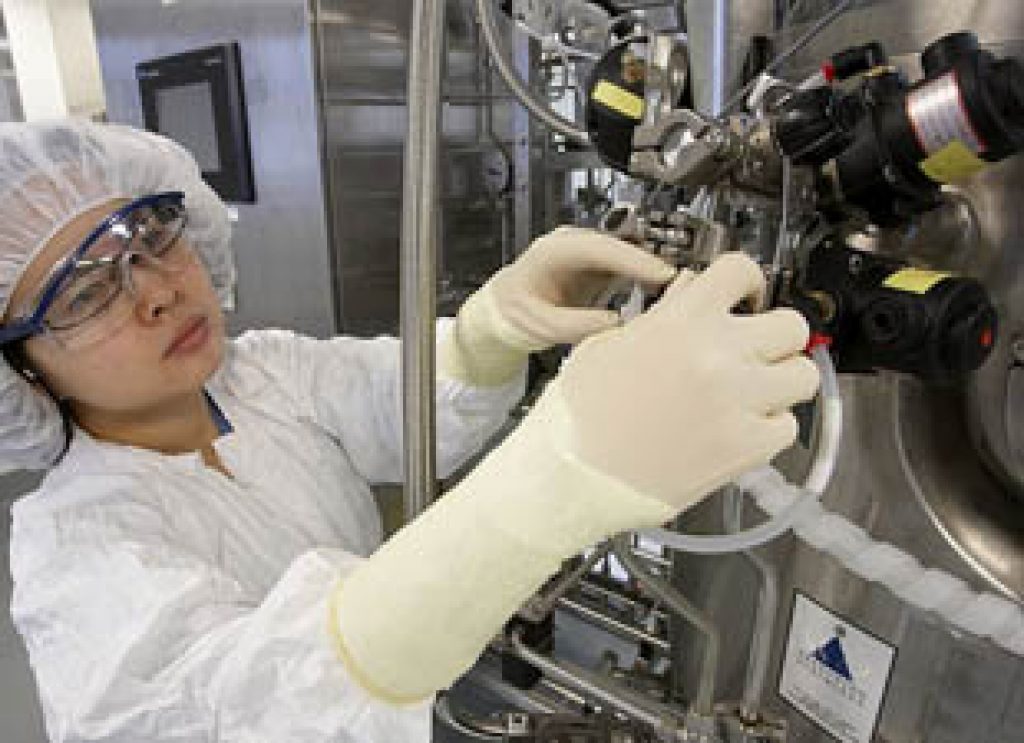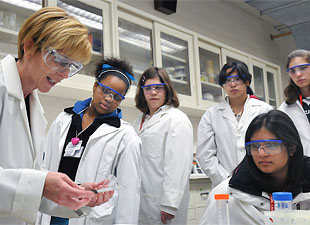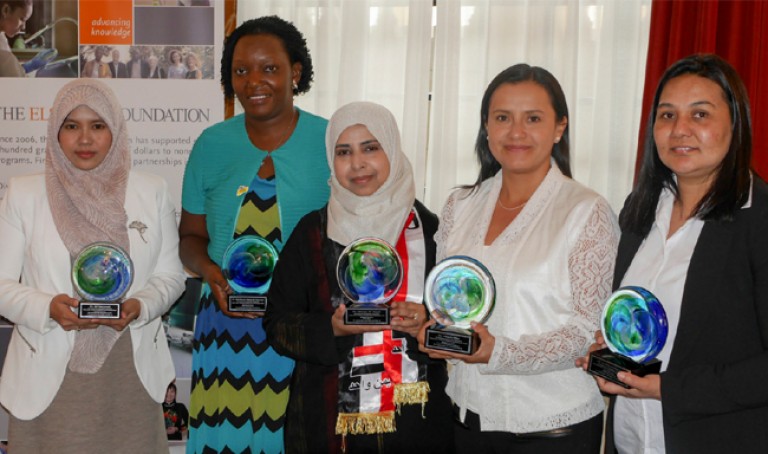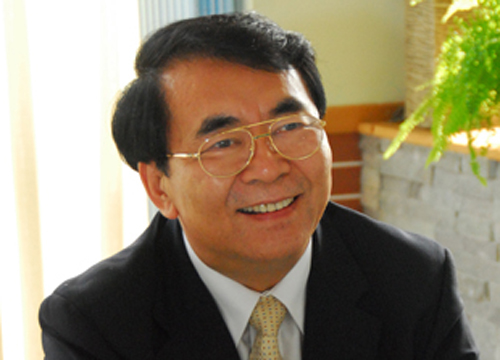
AsianScientist (Aug. 1, 2012) – By: Eva Aguilar – A new awards program has been launched to recognize the talent of women from the developing world’s scientifically weakest countries who are at the early stages of their science careers.
The program was announced on July 20 by the Academy of Sciences for the Developing World (TWAS), the Organization for Women in Science for the Developing World (OWSD), and the Elsevier Foundation.
Women scientists from countries in Latin America and the Caribbean, Sub-Saharan Africa, the Arab world, Central and South Asia, and South-East Asia and the Pacific, who were awarded Ph.D.s less than ten years’ previously, will be recognized for their ‘scientific excellence’, OWSD president, Fang Xin, told SciDev.Net.
“We believe that this amount of time should give the best young women scientists time to develop their research and to publish a number of papers, preferably in international, peer-reviewed journals,” she said.
The new program builds upon the previous Elsevier Foundation-OWSD Award for Young Women Scientists from the Developing World (2010-2011).
But the organizers are restricting nominations to the 81 most scientifically-lagging countries — those with the lowest scientific output — as identified by TWAS.
Xin said that by excluding the more scientifically advanced developing countries — Argentina, Brazil, India, Malaysia, South Africa, and China — the organizers hope to make a greater impact on encouraging women to pursue careers in science.
In the countries where scientists are eligible for the award, “the prospects for women [scientists] to compete on an equal basis with men are still very difficult, especially when you consider expectations to put their family commitments first and career second,” explained Xin.
“Not only does this hamper [individual] careers, but it has a knock-on effect on society, as fewer women scientists are able to reach decision-making positions.” Consequently, “a vicious cycle” can occur, she said, with grant and promotion selection committees being dominated by men.
The annual prizes will rotate between chemistry and physics, life sciences, and mathematics, beginning with life sciences in 2013. The five winners — one from each region — will be invited to annual conference of the American Association for the Advancement of Science (AAAS) in February 2013, where they will each receive a cash prize of US$5,000.
“Women scientists are thirsty for this kind of support,” Vicki Wilde, director of the CGIAR (Consultative Group on International Agricultural Research) Gender & Diversity Program and CGIAR’s African Women in Agricultural Research and Development (AWARD) program, told SciDev.Net.
“It’s hard to get research grants, especially for younger scientists, so having this kind of aid early on can give them a boost when they are most vulnerable,” she said.
Wilde also applauded the decision to restrict the award to scientifically-lagging countries in the developing world.
“Including the weaker countries is great because it means that they are trying to close the gap,” she said.
——
Source: Science & Development Network.
Disclaimer: This article does not necessarily reflect the views of AsianScientist or its staff.












